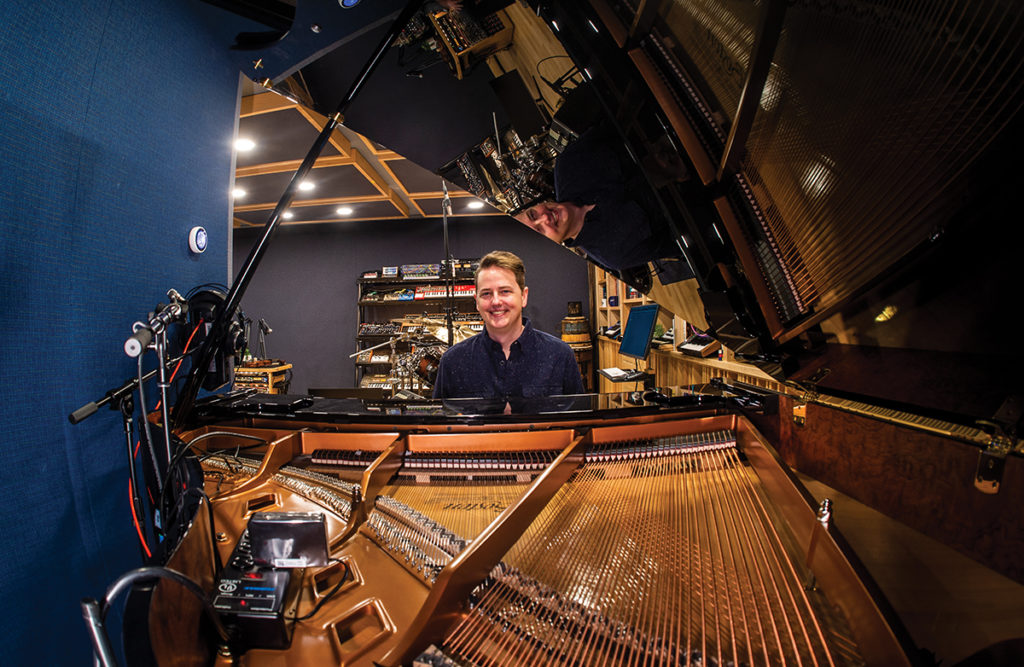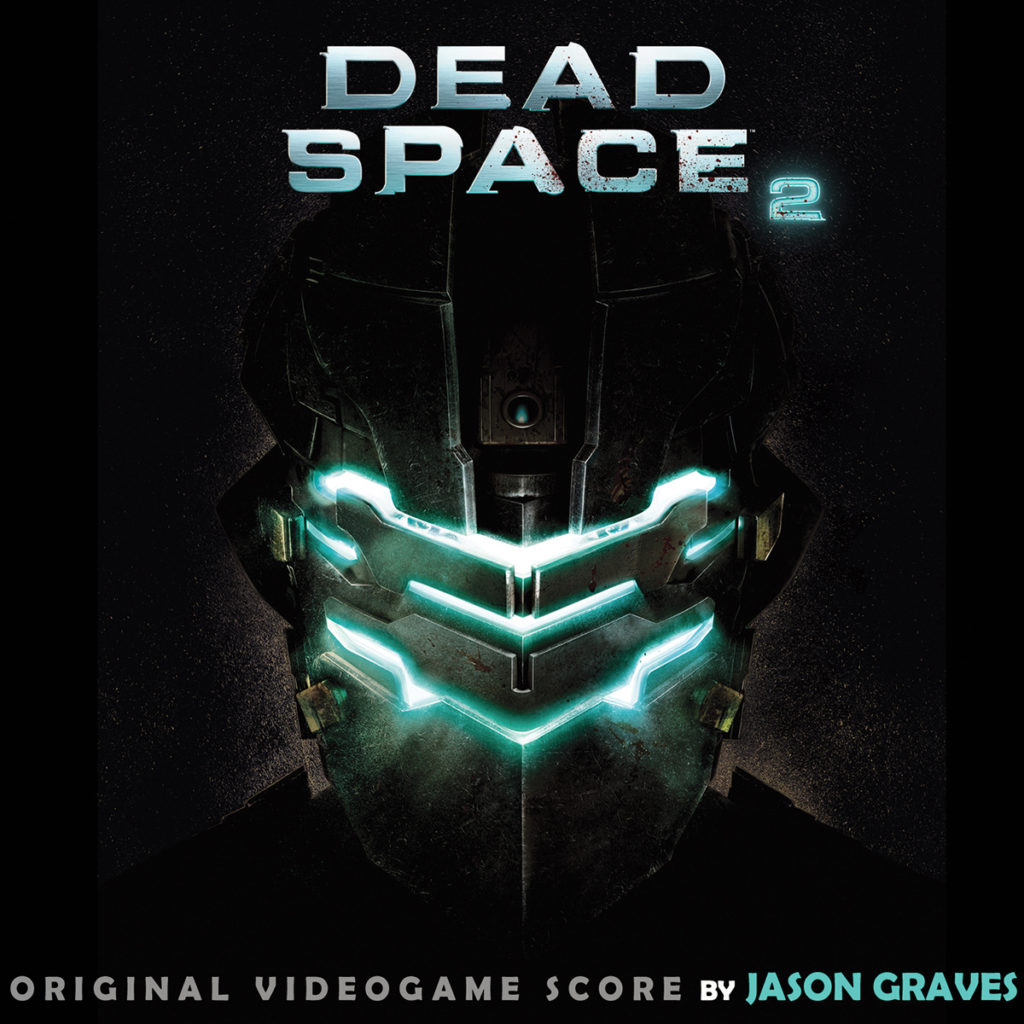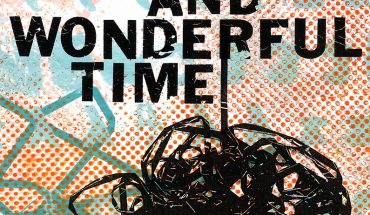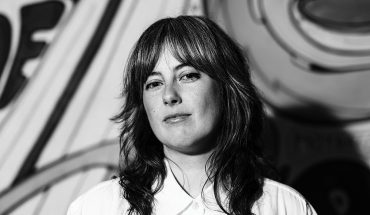Jason Graves creates musical tracks for video games like Tomb Raider, Fortnite, Moss and Dead Space out of his home in Benson.
by David Menconi
Even though he’s never had anything like a radio hit, it’s very possible that Jason Graves stands as North Carolina’s most-heard musician over the past few decades — more so than platinum superstars like J. Cole, Squirrel Nut Zippers or DaBaby. And whether you realize it or not, there’s an excellent chance you’ve heard Graves’ work if you’re a gamer. He’s one of the busiest game-soundtrack composers in the business, with Tomb Raider, Fortnite, Moss and Dead Space among his high-profile credits.
It’s not just the millions of copies these games sell, it’s also the fact that people play them over and over for hours, days and weeks at a time. Sometimes these soundtracks involve full-on symphony orchestras, but the majority of them are one-man-band projects that Graves writes and records out of his home studio, located on a wooded 30-acre spread near Benson. He has a mad-scientist approach to the sound of music, in which he spends a lot of time banging on things in search of just the right effect.
“I’m a percussionist at heart, so I’m always finding things and turning them into instruments to make noises,” Graves says. “Like yesterday, I was playing a flowerpot like a drum because it had an interesting sound. And today, I was just now playing bass. Before that, it was bouzouki. And this morning, the drum set and djembe. All for different projects I’m working on simultaneously.”
Now 49 years old, Graves grew up in Raleigh with an early interest in pursuing music before going off to college, earning degrees at Appalachian State University and the University of Southern California. Film-scoring was always a passion of his, especially after he studied with soundtrack legends Jerry Goldsmith (Patton, Alien, Chinatown) and Elmer Bernstein (The Ten Commandments, Hud) in graduate school at USC.
Graves stayed in Los Angeles for five years after graduate school, playing sessions anywhere and everywhere he could before coming back to North Carolina in the late 1990s. Along with playing drums in local bands including Slackmates and Milagro Saints, Graves did studio session work on commercials and videos. That eventually led to composing computer-game soundtracks, first in collaboration with Rod Abernethy and then at his own home studio in Raleigh’s Boylan Heights neighborhood, before moving out to Benson about seven years ago. “Everyone assumes I live in LA,” Graves says. “Not because all the composers live there, but because I’m doing projects on a bigger scale. But technology now is such that you don’t need to be in a city, so long as you have an Internet connection. We’re spread out all over the world.”
Most of Graves’ early credits were softer fare, game spinoffs from children’s shows like Curious George and Dora the Explorer. That changed with 2008’s Dead Space, which put Graves on the map by winning a British Academy Film Award (the U.K. equivalent of the Academy Awards in America). As dread-inducing as the dystopian horror game it accompanies, Graves’ score established him as a go-to for frightening sonic vibes.
“I think there will always be an inevitable link between me and the Dead Space franchise if for no other reason than my last name,” he says. “It just seems natural: You’re the scary-music guy, so OF COURSE your last name is Graves.”
All the same, he has a lot of range. If the jagged tension of horror scores like Dead Space and Until Dawn stand at one end of Graves’ soundtrack continuum, his recent work on the fantasy adventure series Moss is almost the polar opposite — soft and gentle.
“In a way, Jason is a mysterious black box that needs very little input,” says Stephen Hoode, audio director at Moss game producer Polyarc. “We’ll send him some gameplay videos, talk a little about context — what happens in a scene, emotions of the journey, how this area of the game should feel as opposed to other parts — and he just kinda does it, creates this beautiful, mysterious emotional palette.
I find myself asking how I might make a track better, and realizing that I don’t think I can. He’s the real deal, a consummate creative professional.” Once he’s finished with a game’s score, Graves rarely plays the game himself — partly because he’s not great at it, but partly because he finds the composing part of it to be more fun.
He maintains a regular 9-to-5 workday schedule during the week, with evenings and weekends off for family time and recharging. Nevertheless, the internal compositional wheels are always turning. “I’m like a kid in a candy store — except I actually get paid to pig out on the candy,” he laughs.

This article originally appeared in the October 2022 issue of WALTER magazine.






